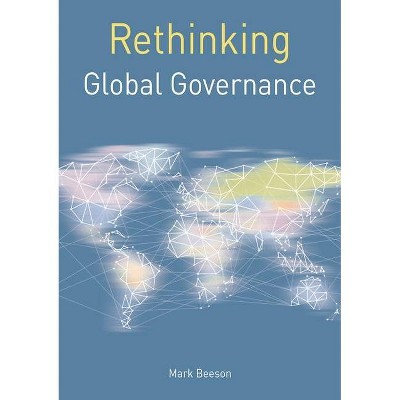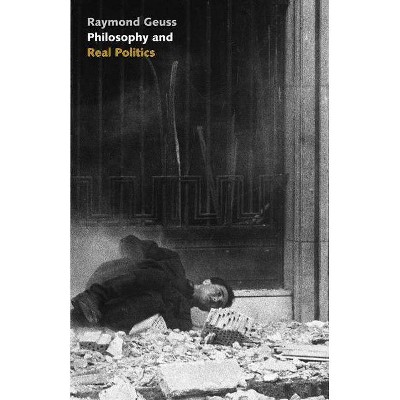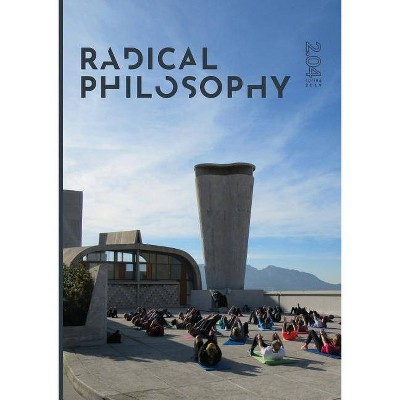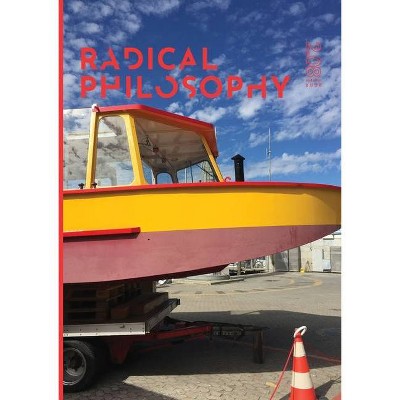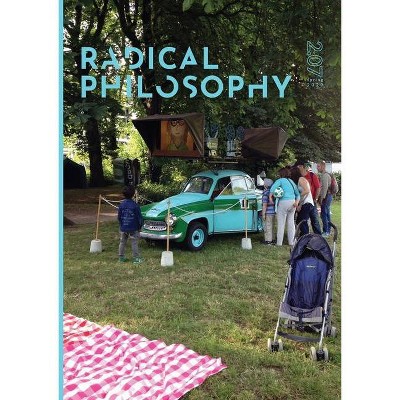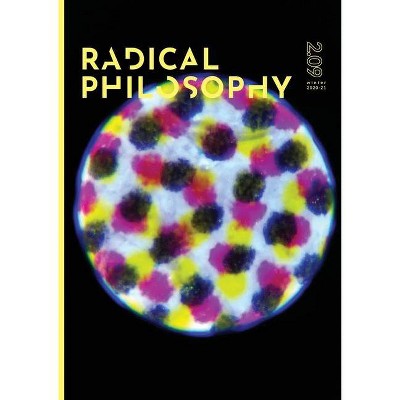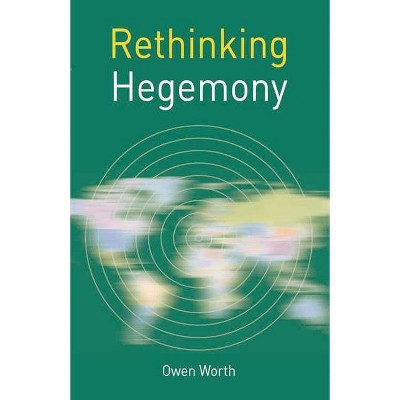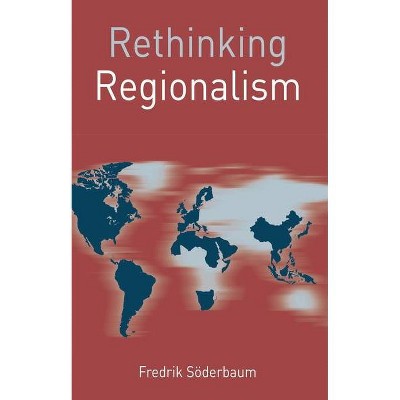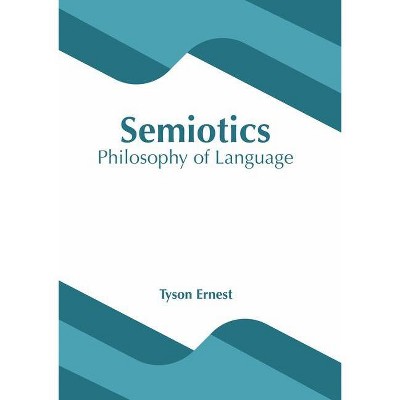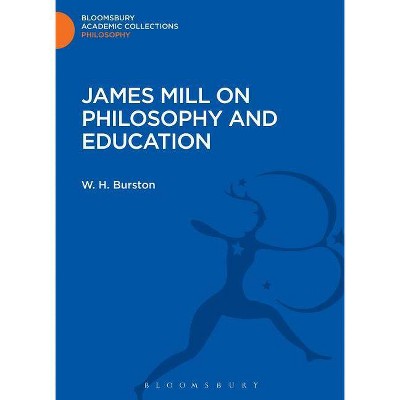Rethinking Philosophy for Children - (Radical Politics and Education) by Tyson E Lewis & Igor Jasinski (Hardcover)
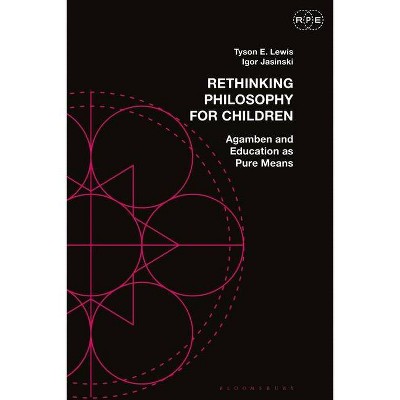
Similar Products
Products of same category from the store
AllProduct info
<p/><br></br><p><b> About the Book </b></p></br></br>"By utilizing the philosophy of Giorgio Agamben, the authors propose a radical reconceptualization of the practice known as Philosophy for Children (P4C) that focuses on the experience of one's potentiality to speak rather than the development of specific skills or types of speaking. 'Philosophy for Infancy' (P4I) emerges as a non-instrumental educational practice that does not dictate what to say or how to say it but rather focuses on the potentiality to say something. In the process of developing P4I, the authors address a long-standing question concerning the politics of education. Instead of education as a means to a pre-defined political end (citizenship education, for example) or education as an end in itself (divorced from political concerns), the authors argue that the non-instrumental approach to potentiality is the embodiment of an equally non-instrumental political community that is itself always in potential. P4I is intended to work within the procedural framework offered by the P4C-program and recognizes a latent potentiality in the practice that allows for a common use of language. Throughout the theoretical discussion, the authors offer practical applications and excerpts of children's dialogue to provide anchoring points for classroom teachers"--<p/><br></br><p><b> Book Synopsis </b></p></br></br><p><b><i>This book is available as open access through the Bloomsbury Open programme and is available on www.bloomsburycollections.com</i>.</b> <p/>What is philosophical about the practice Philosophy for Children (P4C)? In this book, the authors offer a surprising answer to this question: a practitioner's contemplation of the potentiality to speak, or what can be called infancy. Although essential to the experience of language, this most basic and profound capacity is often taken for granted or simply instrumentalized for the educational purposes of developing critical, caring, or creative thinking skills in the name of democratic citizenship. Against this kind of instrumentalization, the authors' radical reconceptualization of P4C focuses on the experience of infancy that can take place through collective inquiry. The authors' Philosophy for Infancy (P4I) emerges as a non-instrumental educational practice that does not dictate what to say or how to say it but rather turns attention to the fact of speaking. Referencing critical theorist Giorgio Agamben's extensive work on the theme of infancy, the authors philosophically engage the core writings of Matthew Lipman and Ann Sharp, foundational scholars in the P4C tradition, to rediscover this latent potentiality in the original P4C program that has yet to be developed. Not only does the book provide a new theoretical basis for appreciating what is philosophical in Lipman and Sharp's formulations of P4C, it also provides a unique elucidation of key concepts in Agamben's work-such as infancy, demand, rules, adventure, happiness, love, and anarchy-within a collective, educational practice. Throughout, the authors offer applications of P4I that will provide anchoring points to inspire educators to return to philosophical experimentation with language as a means without end.</p><p/><br></br><p><b> Review Quotes </b></p></br></br><br><p>"[This book] is an extraordinary philosophical and educational adventure: one that does not promise easy paths and methods but unexpected questions and readings that expand the meaning and sense of doing philosophy with children and show its intrinsically and unavoidably paradoxical nature." --<i>Walter Omar Kohan, Full Professor, State University of Rio de Janeiro, Brazil</i> <p/>"The P4C approach would be unfaithful to itself if it ceased to rethink itself. It is precisely in this endeavor that Lewis and Jasinski usher us, by creatively deploying concepts from Agamben and, thereby, challenging canonical views and offering fresh insights, supported by superb philosophical knowledge and refined educational tact." --<i>Stefano Oliverio, Associate Professor and former Vice-President of the International Council of Philosophical Inquiry with Children, University of Naples Federico II, Italy</i></p><br><p/><br></br><p><b> About the Author </b></p></br></br><p><b>Tyson E. Lewis</b> is Professor of Art Education in the College of Visual Arts and Design at the University of North Texas, USA.<br> <b><br> Igor Jasinski</b> is German and Philosophy teacher at the Pingry School, New Jersey, USA.</p>
Price History
Price Archive shows prices from various stores, lets you see history and find the cheapest. There is no actual sale on the website. For all support, inquiry and suggestion messagescommunication@pricearchive.us
